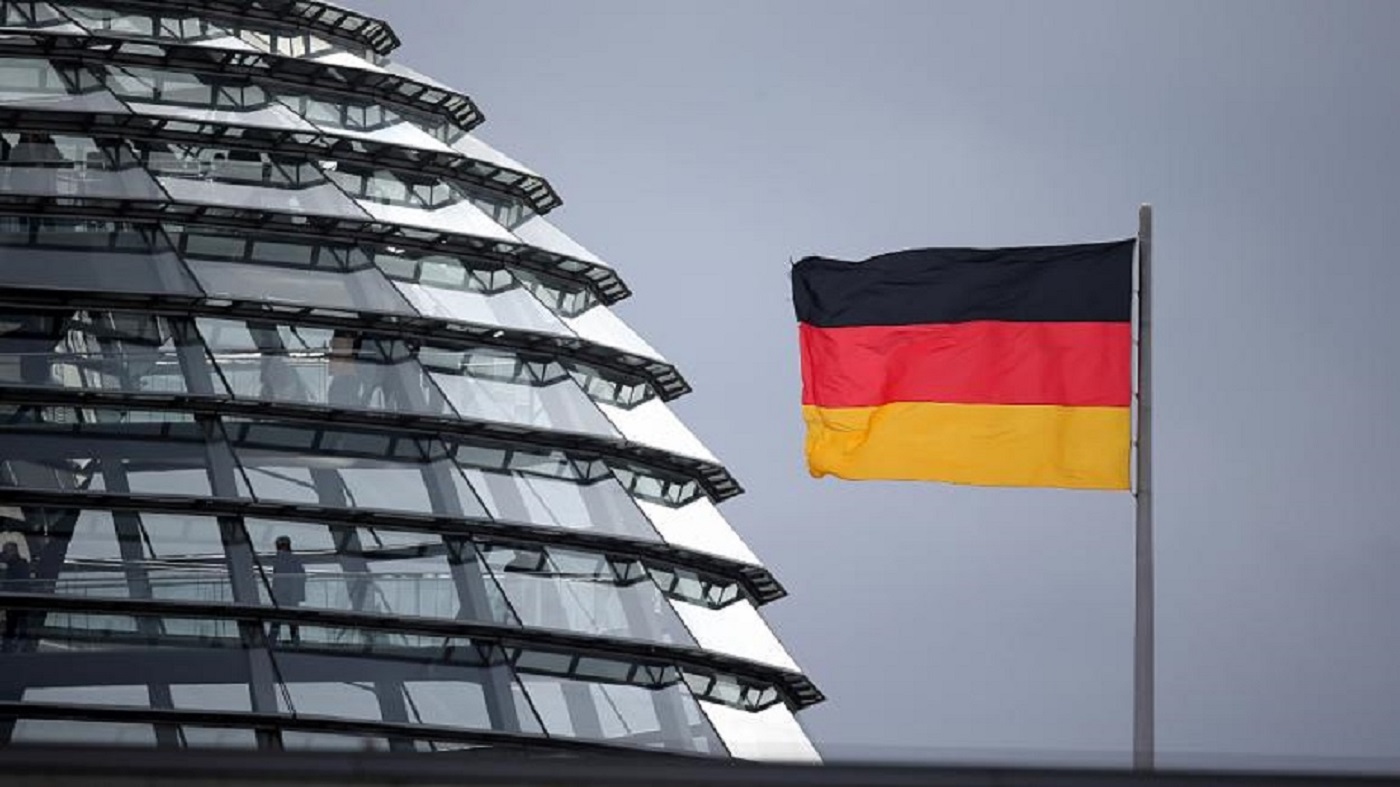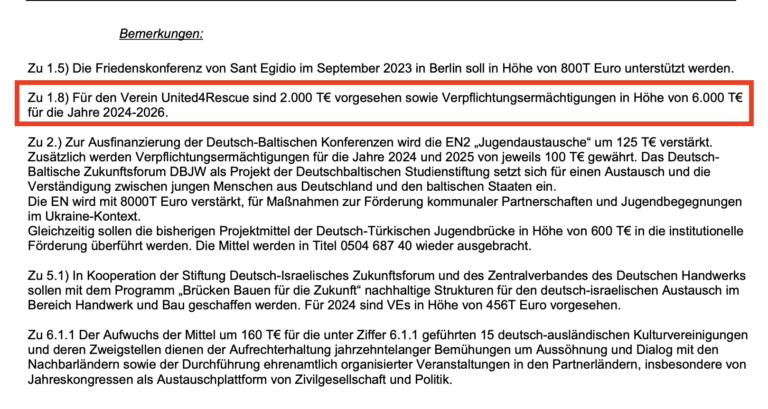
No more money in Germany's coffers after lavish spending
Germany is unable to make additional payments into the European Union budget, said the German federal finance minister. How to finance the extravagance of the federal government could be a cause for a headache.
No more money for payments to Brussels
Federal Finance Minister Christian Lindner sees no scope for additional German payments to the EU budget. Germany’s budget is already stretched, the politician of the Free Democratic Party (FDP) said in a recent interview in Brussels.
„In view of the necessary cuts in our national budget, we are currently unable to make any additional contributions to the European Union’s budget,”
the finance minister said. No wonder that the government coalition made up of the Social Democrats, the Greens and Liberals is in trouble over financial issues. Last year the government excelled in extravagance, spending exorbitant amount of money on itself.
The most expensive minister minister is Foreign Minister Annalena Baerbock, from the Green Party. Ms Baerbock’s paid her make-up artist a hefty 136 500 euros last year, press reports reveal. The amount consisted of a flat monthly fee of 7,500 euros plus VAT and incidental costs. To this we must add the cost of her clothes.
Make-up and appearance is not just a women’s issue in the German government. Robert Habeck, the Green Party’s economy minister, has not cost taxpayers much less money, spending 83,000 euros on photographers and more than 10,000 euros on make-up artists last year.
The SPD and FDP, the other two parties in the governing coalition, have shown that this can be done more economically. Last year, social democrat Chancellor Olaf Scholz paid a mere 40,000 euros for his looks and half a million euros for professional photos. Liberal Finance Minister Christian Lindner spent just over 600,000 euros on appearances.
Government excels in extravagance
Many jobs are at risk in Germany, and with the price of essential goods skyrocketing, ordinary people find it rather difficult to pay their bills. Despite all this, the government coalition made up of the Social Democrats, the Greens and Liberals showed no signs of restraint and embarked on an unprecedented spending spree.
As part of the coalition pact, it was probably agreed, among other things, that every important person relies on at least 4 to 5 key people who have at least that many confidants. This is suggested by the fact that
the number of civil servants employed at federal ministries has risen by nearly 60 per cent compared to the previous Merkel governments, which obviously implies bigger expenses.
Plenty of positions have been set up that executed no specific tasks until now. One such job is that of Ferda Ataman at the helm of the anti-discrimination agency. Coming from an immigrant family, she is also referred to in the parliament as “the high priestess of German discrimination”. She made so many racist and exclusionary remarks in the past few years that before her appointment, she had to delete more than a thousand posts, comments and shared press interviews on her social media pages.
Juhu🎉🙌! 369 Stimmen hätte sie gebraucht, 376 sind’s geworden @FerdaAtaman ist neue Antidiskriminierungsbeauftragte des Bundes!
Von ganzem Herzen waggonweise Glück und Erfolg für Dich, liebste Ferda! Beste Frau fürs Amt, niemand sonst hat’s so verdient 🥰💐🚀 pic.twitter.com/PKMCt820Ot— Konstantina Vassiliou-Enz (@Konstantina__V) July 7, 2022
However, this is negligible compared to the amount of money that flows through various lobby organisations with links to one of the governing parties in the coalition, primarily to the Greens.
For example, it was recently leaked that an annual grant of two million euros was awarded to an organisation that participates in the rescue of migrants in distress on the Mediterranean Sea, and the head of this organisation is, incidentally, the partner of Katrin Goring-Eckardt, the Green Party vice president of the federal parliament.
The resources for this funding are covered directly from the budget of the Federal Ministry of Foreign Affairs, and are not included in the original draft budget. But indirectly, this money comes from taxpayers’ pockets.

The Chancellery building will also be significantly expanded, the costs of which were initially around six hundred million euros, but now is already at 777 million euros, and who knows what the total amount will be when the works are completed. Once finished, the chancellor’s office will be many times the size of the White House in the United States. The Federal Audit Office and the Taxpayers’ Association have already warned the government about the dangerously high costs.
Tags:

